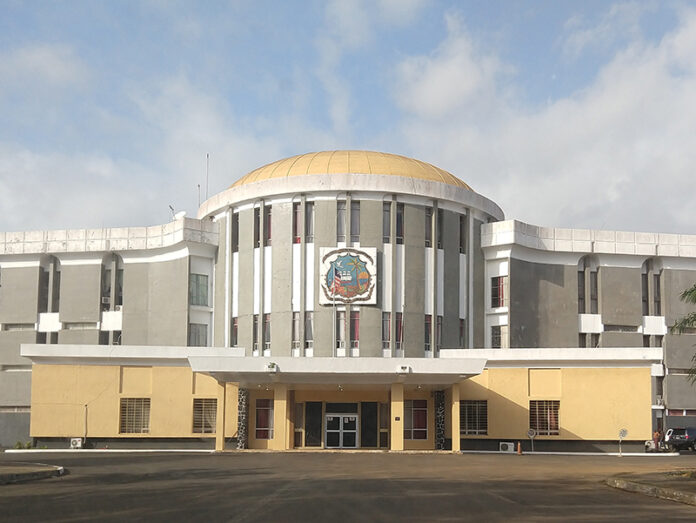Liberia, a nation grappling with poverty and economic challenges, faces a contentious issue: the compensation of its legislators. While the country struggles to provide basic services to its citizens, politicians have been known to receive substantial paychecks. This disparity has sparked criticism and debate, raising questions about the true purpose of public service.
The Disparity
- Widespread Poverty: Liberia is one of the poorest countries in the world. Many citizens live below the poverty line, lacking access to healthcare, education, and basic infrastructure. The stark contrast between their daily struggles and the compensation received by politicians is glaring.
- Legislators’ Compensation: Reports indicate that Liberian legislators pay themselves as much as $200,000 annually. This figure far exceeds the average income of ordinary citizens. The generous compensation package includes salaries, allowances, and other perks.
The Criticisms
- Personal Promotion Over Public Service:
- Critics argue that such high compensation incentivizes politicians to prioritize personal gain over serving the public. Instead of focusing on legislation that benefits the nation, some legislators may prioritize their own financial interests.
- The lure of lucrative paychecks may lead to a disconnect between politicians and the people they represent.
- Misaligned Priorities:
- With limited resources, Liberia should prioritize essential services such as healthcare, education, and infrastructure. However, the substantial compensation for politicians suggests a misalignment of priorities.
- Citizens question why their elected representatives receive hefty pay while basic needs remain unmet.
- Transparency and Accountability:
- The lack of transparency regarding legislators’ compensation exacerbates the controversy. Citizens deserve clarity on how public funds are allocated.
- Calls for greater accountability and oversight have intensified, urging lawmakers to justify their earnings.
The Debate
- Balancing Fair Compensation and Public Service:
- Advocates argue that fair compensation is necessary to attract competent individuals to public office. Without competitive pay, qualified professionals may shy away from politics.
- However, the challenge lies in striking a balance between reasonable compensation and responsible governance.
- Proposed Solutions:
- Some propose linking legislators’ pay to specific performance metrics, ensuring that their earnings align with tangible achievements for the country.
- Others advocate for public disclosure of politicians’ income and expenses, fostering transparency and accountability.
The legislative compensation controversy in Liberia reflects broader issues of governance, ethics, and socioeconomic disparities. As the nation grapples with competing priorities, finding a solution that serves both politicians and citizens remains a critical challenge. Ultimately, the true purpose of public service must prevail over personal gain.







